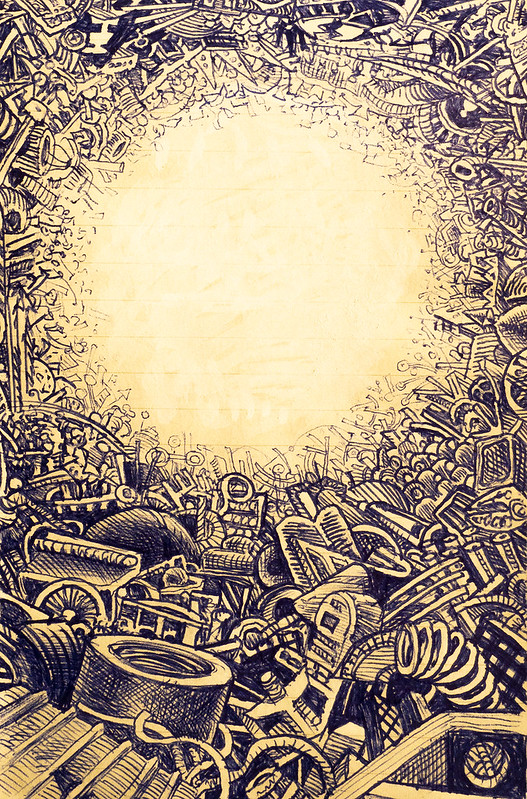After a few days, we have heard different interpretations of what happened with the election of constitutional councilors, where perspectives are polarised between those who proclaim their elitism, degrading the direct participation of ordinary people and those of us who defend collective protagonism and popular sovereignty; in other words, between those who participate in the process and those who ignore it.
The aforementioned, in the understanding that those who endorse it also endorse the text agreed by the elite with its unassailable borders, in which the meaning of the abuse of HR is modified and where the subsidiary State is explicitly strengthened, among several other disloyalties towards the citizenry (the one that understands or intuits it).
In this sense, it is observed that competing only among those who endorse the process, Pinochet’s right-wingers obtain total power in the Council, with over three-fifths (33 of the 51 seats) plus the plus of the concertacionist right-wingers. Thus, the figures indicate that the ultra-right in this scenario obtains over a third (22 of the 33), which gives it veto power over the texts at the approval stage.
On the other hand, the population that does not recognise the validity of the process underway, and in a situation of obligatory voting, reached thirty-nine percent of the voting population (abstention, null and blank ballots), plus an additional number of people who, although they do not believe the process is legitimate, still vote for “the lesser evil”, from the terror of Pinochettism, a violator of human rights and murderer.
Thus, in this social polarity, the dispute for the FOR or AGAINST of next December’s plebiscite is already beginning, without waiting or caring about the constitutional text.
Today it is valid to ask her about the response that will be promoted by the Concertación and the Frente Amplio; in the context of what their actions currently show with the approval of removing it to the streets, approving the TPP11, their support to the extractivist giants, the support to the Carabineros, the “trigger-happy” law, the union precariousness, new employability that does not exceed four percent of workers with a contract, the failure to stop violence and impunity against women, the postponement of the promise to pay the historical debt to teachers, the laws criminalising social protest, migration and now the land seizure law.
It could happen that their “leaders” prioritise signing a constitution drafted by Pinochettism, as Lagos did at the end of the last century; it is a probability.
In this scenario, in which the political system in its current version, controlled by individuals without ideological, organic or even territorial roots, is disaffected from the needs of the country’s salaried, retired and unemployed majorities, who are helpless in their needs, in their precariousness, in their hope for a better future in the short and medium term, what will those of us who raise political activity as a legitimate struggle against an economic model and inhuman social relations do?
It will not be by placing faith again in personal voluntarism, where time and again such characters prioritise the needs of the majority or kneel in front of the powers that be.
All we have left is rebellion, and defiance, i.e., the difficult path.
To overcome the stage of individualism, to advance in the recognition of diversity as a value and to work tirelessly for the convergence of the collective, in a humanist direction, in the broad sense of the term.
This collective requires articulation in the territories, in the places of work and study.
This potential collective power needs ambits of study and reflection, where it can train itself, clarifying its strategies and tactics of activities.
This collective must build large, visible and attractive gateways to the common task.
This joint force is called to generate demonstration effects, which indicate that in one place a new system is beginning to function, a humanised, participative, cooperative, creative, joyful, solidary, fraternal social form, without privileges and without the excluded. A demonstration that can be replicated regionally, nationally and globally.
We are called to move in an evolutionary direction, and not to remain supporting an inhuman, violent model that spills out into its own nihilism.
Let us not weep over this corpse. Let us put our energy into the great birth, where the new world is born.
Collaborator editor: Angélica Alvear Montecinos; Sandra Arriola Oporto; Ricardo Lisboa Henríquez; Guillermo Garcés Parada; César Anguita Sanhueza.
Public Opinion Commission










